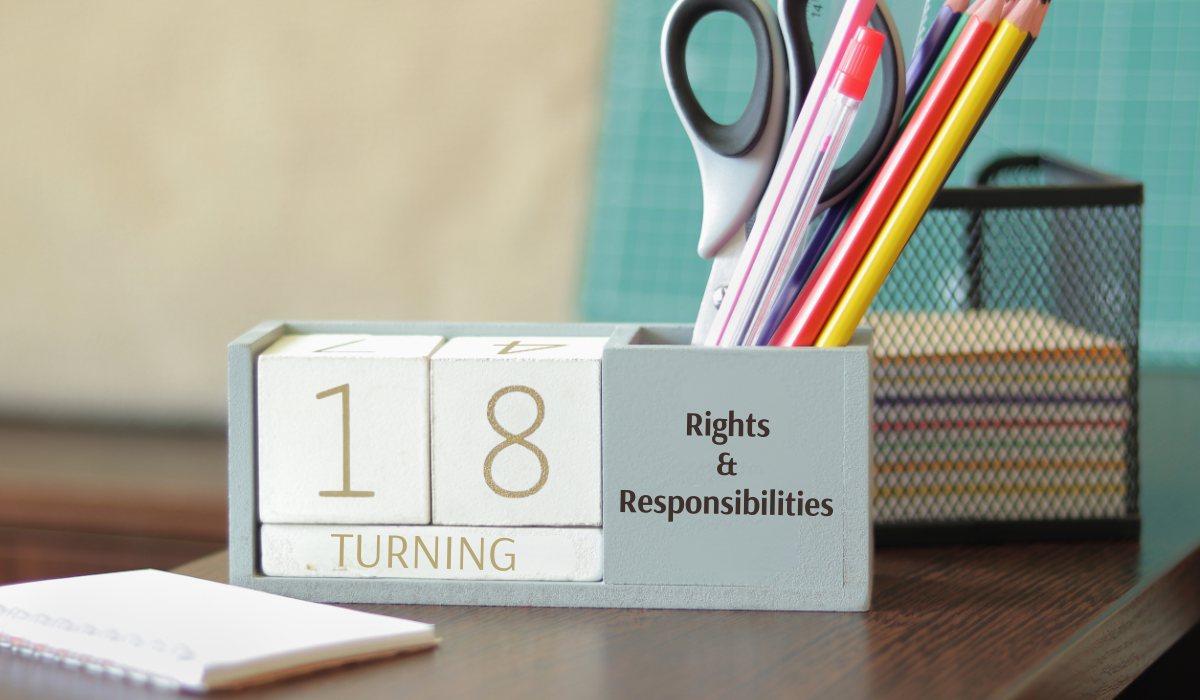Visit Transition to Adulthood for more resources on the transition process.
When a student reaches age 18 and legally becomes an adult, rights and responsibilities transfer from the parent to the student.
- All rights covered by state and federal legislation automatically transfer to the student when they reach the age of majority. Information regarding this transfer of rights at the age of majority must be given to students with an IEP, on or before their 17th birthday. Students can choose to allow their parents or an advocate to continue to help them with their IEP and transition planning.
- Family Educational Rights and Privacy Act (FERPA) General Guidance for Students explains that all rights given to parents under FERPA transfer to the student at age 18. Students may give written permission for their parents to access information in their educational records.
- Identification cards are issued in Michigan by the Secretary of State. This can be done before age 18, there is no minimum age requirement to obtain a state ID card. Individuals who are deaf, hearing-impaired, or autistic can request a communication impediment designation be added to driver’s license or state ID to notify law enforcement about your specific communication needs.
- Youth and young adults with disabilities need to learn to get around their homes, schools, workplaces, and communities as independently as possible. Learning to find transit where you live is an important part of the transition process. Many people with disabilities can drive, with the help of a specialized driver’s training program or adaptations to their vehicle.
- Individuals can register to vote when they turn 18. Voters with disabilities have rights, including the right to assistance when voting. Anyone in Michigan is able to vote by mail, no reason needs to be given.
- Male U.S. citizens, ages 18 through 25, are required to register with Selective Service. This applies to all men regardless of disability, exemptions based on disability would be requested if the draft is reinstated
-
Health care transition moves young people from pediatric care to adult health care services. As youth get older, managing health care needs like setting up appointments, filling out forms, and keeping track of medication becomes their responsibility. An organized transition process allows them to gain independent health care skills, prepare for an adult model of care, and transfer to new clinicians.
- Transition to Adulthood: Your Rights Due process resources for self-advocates and families of youth with disabilities
- Healthy Bodies: A Parent’s Guide on Puberty for Adolescents with Disabilities is a practical resources about puberty and disabilities. The toolkit is written for a broad range of disabilities and provides a wide variety of visual supports and social stories that are especially useful for youth with autism or youth who are nonverbal. The toolkit deals simply and directly with practical matters of puberty. Examples of topics and supports include hygiene, menstruation, nocturnal emissions, and appropriate behavior in public vs. private settings.


